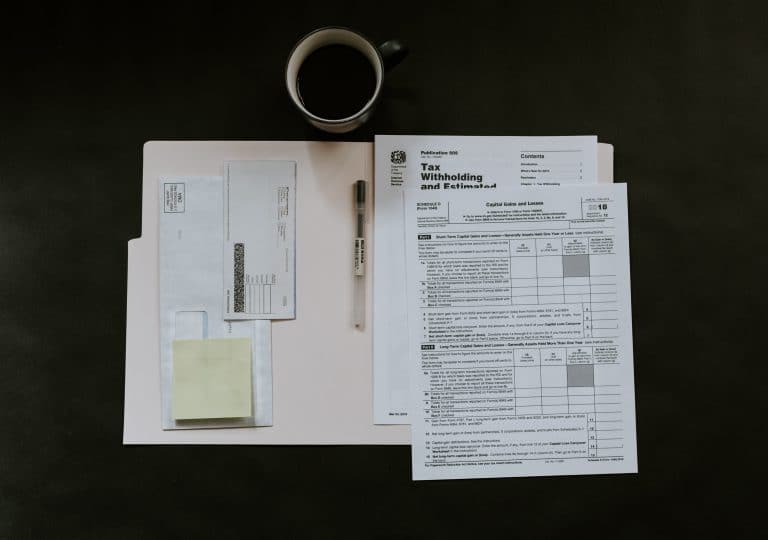Navigating the process of managing unpaid taxes can be an overwhelming task. However, the Internal Revenue Service (IRS) offers several options for repaying tax debt designed to provide flexibility and convenience.
This guide will help you understand these options and empower you to choose the one that best suits your needs.
1. Installment Agreements
An installment agreement is a monthly payment plan for paying off the IRS. You can apply for an installment agreement online if you owe $50,000 or less in combined tax, penalties, and interest. You’ll need to fill out a collection information statement for larger amounts and call the IRS.
Here are several types of installment agreements:
● Guaranteed Installment Agreements: If you’re an individual who owes less than $10,000, you can qualify for a guaranteed installment agreement. You must agree to pay off the debt within three years and comply with tax laws throughout the agreement.
● Streamlined Installment Agreements: If you owe $50,000 or less or your business owes $25,000 or less, you can qualify for a streamlined installment agreement. You must agree to pay off the debt within six years. In this case, the minimum payment is the total balance divided by 72 months.
● Partial Payment Installment Agreements: You can set up a partial payment installment agreement if you can’t pay your full tax liability. You’ll need to provide detailed financial information, and the IRS will review your agreement every two years.
2. Offers in Compromise
An offer in compromise (OIC) agreement between a taxpayer and the IRS settles the taxpayer’s tax liabilities for less than the full amount owed. When determining whether to accept an OIC, the IRS will consider your ability to pay, income, expenses, and asset equity.
To apply for an OIC, you’ll need to submit Form 656, Offer in Compromise, and Form 433-A (OIC), Collection Information Statement for Wage Earners and Self-Employed Individuals, or Form 433-B (OIC), Collection Information Statement for Businesses. You’ll also need to pay a non-refundable $205 application fee and provide an initial payment, which will be applied to your tax debt.
Keep in mind that an OIC is a last-resort option. The IRS will only consider an OIC if you can’t pay your tax debt through an installment agreement or other payment methods.
3. Currently Not Collectible Status
If you’re experiencing financial hardship and can’t pay any of your tax debt, the IRS may declare your account as currently not collectible (CNC). This means the IRS will temporarily halt collection activities until your financial situation improves.
You’ll need to provide detailed financial information to the IRS to apply for CNC status. If the IRS determines that you can’t pay any of your tax debt without causing financial hardship, it will declare your account as CNC.
However, the IRS will continue to assess interest and penalties to your account, and your tax debt will continue to grow. The IRS will also review your account annually to see if your financial situation has improved.
4. Penalty Abatement
The IRS may remove or reduce penalties for late filing or payment if you can show reasonable cause. However, you’ll need to explain and support documentation to the IRS. If the IRS accepts your explanation, it may abate your penalties.
5. Innocent Spouse Relief
Suppose your spouse or former spouse incorrectly reported or omitted items on your joint tax return. In that case, innocent spouse relief may relieve you of the tax, interest, and penalties.
6. Bankruptcy
In some cases, you may be able to discharge your tax debt through bankruptcy. However, many rules and exceptions exist, and not all tax debts can be discharged. Bankruptcy should be considered a last resort; you should consult with a bankruptcy attorney if you’re considering this option.
Conclusion
Dealing with tax debt can be stressful, but several options are available to help you manage your debt. Whether through an installment agreement, an offer in compromise, or currently not collectible status, the IRS provides options to help you pay off your debt in a way that works for you.
Remember, complying with tax laws and file your tax returns on time is crucial, even if you can’t pay the full amount owed. If you’re struggling with tax debt, consider contacting a tax professional who can guide you through the process and help you choose the best repayment option.

